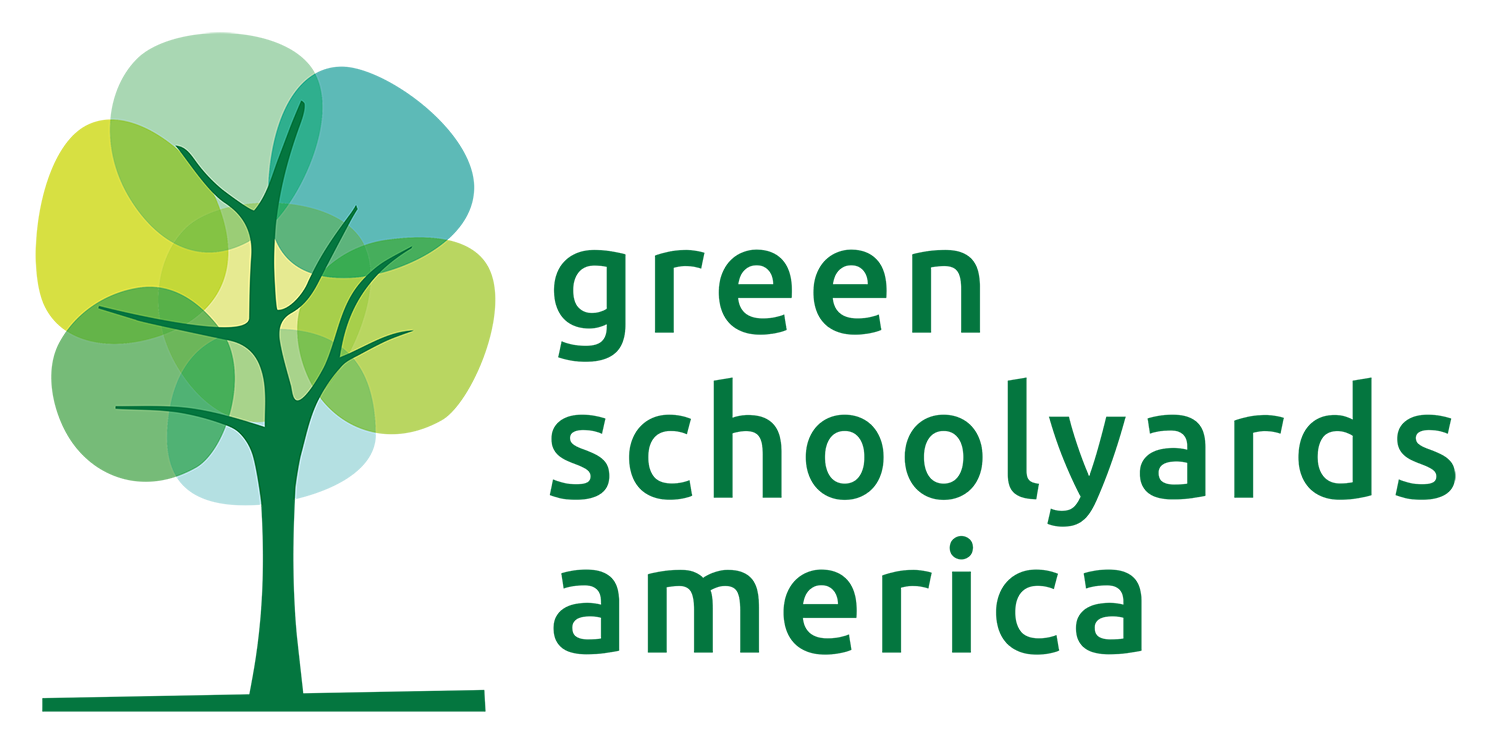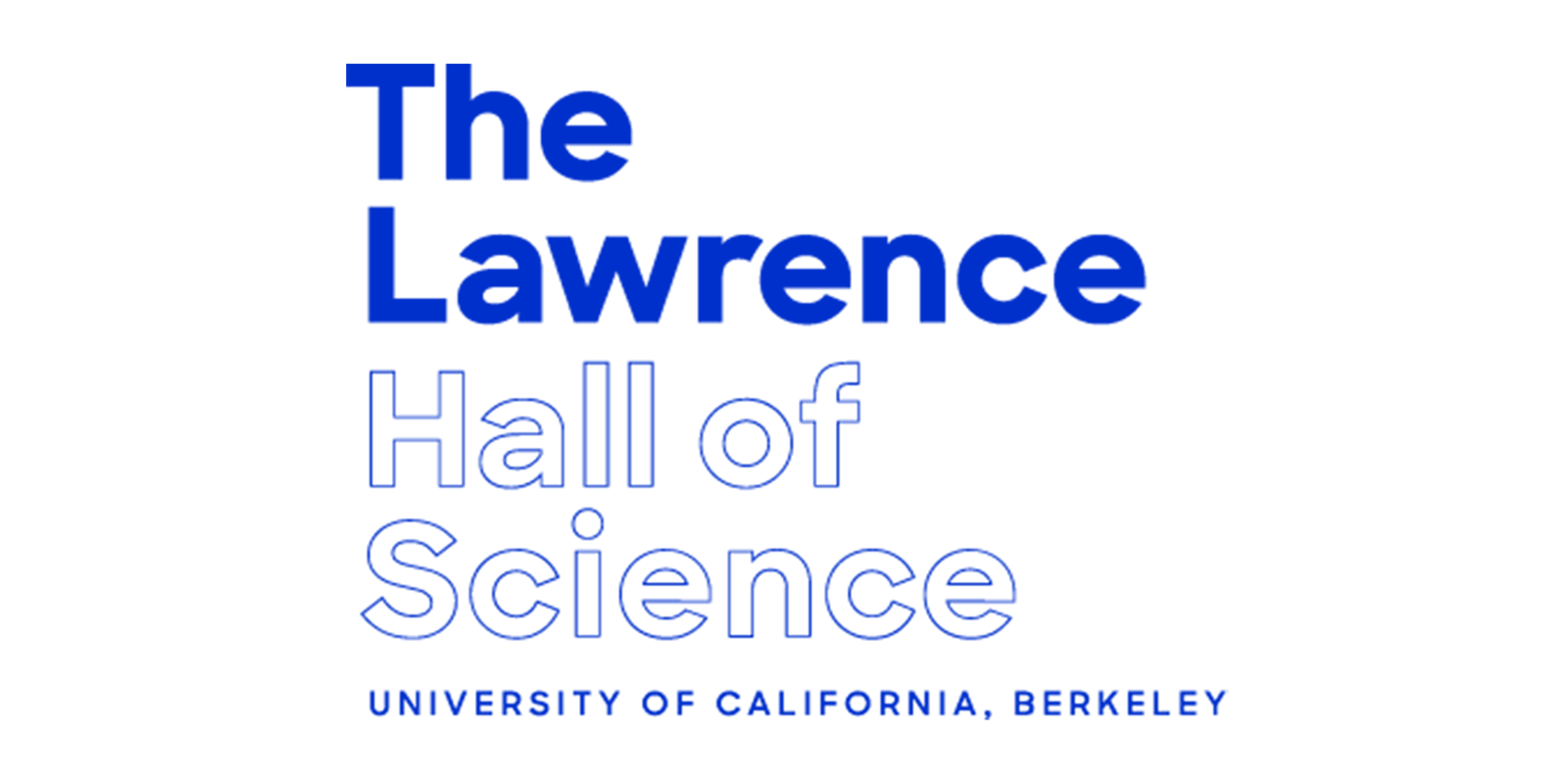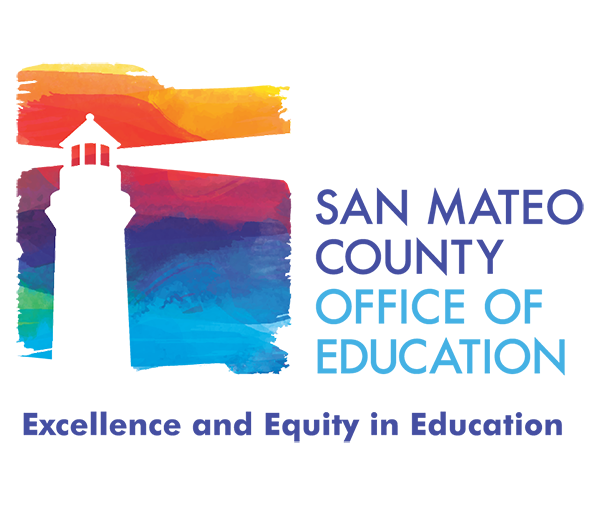Statement of Equity
Throughout the U.S., many schools were closed in the 2020-21 school year due to the COVID-19 pandemic. This situation left many students without a place of stability, safety, protection, and resources to continue their learning and dramatically increased inequities for already vulnerable students, including students living in poverty, students of color, students with disabilities, multilingual learners, students in foster care, and youth experiencing homelessness. Many households lack the technology and support necessary for students to be successful in distance learning. In parts of the U.S. schools are opening regardless of their ability to meet public health guidelines. Ensuring that school grounds can be reopened and used safely by creating outdoor classrooms creates a possible refuge for students whose circumstances prevent them from learning effectively outside of school.
ALL students are guaranteed a free public education, but many inequities exist in PK-12 school systems. Due to COVID-19, the recent plans for returning to PK-12 educational settings include a range of designs (e.g., schools using online learning or schools opening with options for face to face, distance, or hybrid models) that exacerbate the educational inequities faced by at-risk populations of students, as well as their teachers and staff. Formal and nonformal learning in the outdoors can place students at the center of learning, reducing the distinction between school, home, and outdoor spaces. This can provide multiple benefits for ALL students that reduce health risks, minimize inequities, provide flexible settings, and enrich learning opportunities. As educators seek innovative ways to support student learning, many of these changes may become more permanent.
The vision of National COVID-19 Outdoor Learning Initiative’s equity approach is to: (a) critically examine school plans for equity in their use of outdoor space and programs, and (b) capitalize on community assets and diverse experience and expertise by placing students of the local community at the center of learning, especially for those students who are disproportionately affected by the virus.
As schools return to operating in any format, specific equity issues need to be considered in collaboration with different stakeholder groups, including:
access to technology and technology supports,
learning models (in person, hybrid, or distance learning),
travel such as busing to or from school,
classroom configurations, physical building modifications (open windows),
alternative learning environments,
utilization of specialized educational staff as well as individual and organizational partners of the community in innovative ways,
Personal Protective Equipment (PPE) (home and school), and
considerations on how equity connects to other working groups
Equity Working Group
Equity is a central principle of the National COVID-19 Outdoor Learning Initiative, and is infused into the overall approach for every working group that was part of this Initiative. Since equity is centrally important, we also convened an Equity Working Group to coordinate our overall approach to ensuring equity.
The Equity Working Group assisted in the development and implementation of systems within our Initiative to ensure that every child has an equal chance of succeeding in an outdoor learning environment.
The Equity Working Group’s primary goals were to (1) center equity and justice throughout the National COVID-19 Outdoor Learning Initiative and (2) serve all other Outdoor Learning Initiative working groups by making recommendations with equity implications.
Credits
The National COVID-19 Outdoor Learning Initiative’s Equity Working Group (WG#1) was led by Candice Dickens-Russell from the DoGoodery, Jill Grace from the K-12 Alliance and WestEd, and Celeste Royer from Ten Strands, and included more than two dozen dedicated volunteers from around the country. We would like to express our heartfelt thanks to all of the organizations and individuals who are collaborating to make this Initiative possible.
National COVID-19 Outdoor Learning Initiative
The National COVID-19 Outdoor Learning Initiative supports schools and districts around the country in their efforts to reopen safely and equitably using outdoor spaces as strategic, cost-effective solutions to increase capacity and provide access to abundant fresh air. The Initiative seeks to equitably improve learning, mental and physical health, and happiness for children and adults using an affordable, time-tested outdoor approach to keeping schools open during a pandemic.
The National COVID-19 Outdoor Learning Initiative was co-founded in May 2020 by Green Schoolyards America, The Lawrence Hall of Science, San Mateo County Office of Education, and Ten Strands. It has now grown to include more than 20 other partner organizations that are collaborating to build a national movement, hundreds of participating volunteers, and foundation partners.









